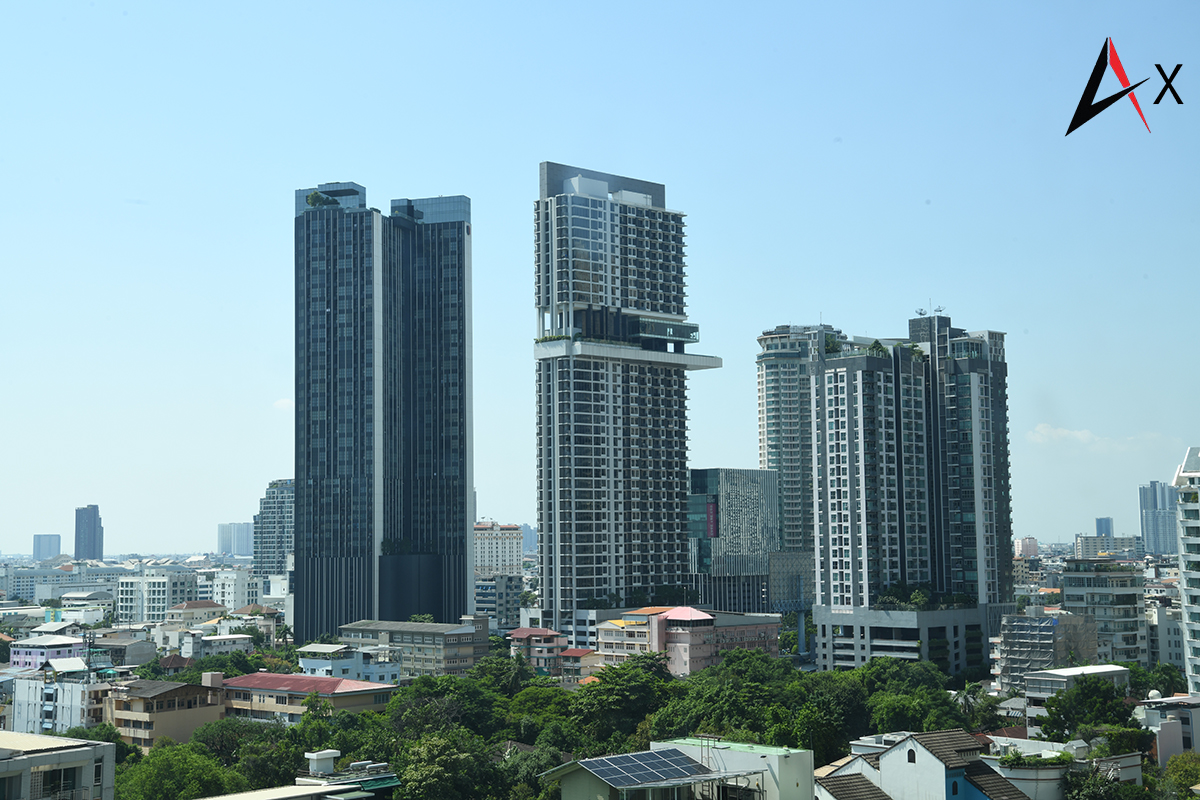The “Trump effect” has had a significantly greater impact on housing demand than the recent earthquake, which only caused temporary delays in transactions. In contrast, the tariffs implemented during Trump’s presidency led to buyers completely halting their purchases, according to Supalai, a company listed on the SET.
Tritecha Tangmatitham, Supalai’s managing director, explained that the US tariff hikes prompted export-related business owners to cancel their home transfers, with some even forfeiting their deposits without hesitation.
“US President Donald Trump’s reciprocal trade tariffs were more concerning than the earthquake,” he said. “Some business owners abandoned their reservations and refused to proceed with transfers, despite losing their down payments.”
After the earthquake on March 28, about half of the affected customers initially called to cancel transfers, but fewer than 10 actually went through with cancellations, according to Supalai.
Conversely, those affected by the Trump tariffs canceled their purchases outright, leaving little room for negotiation, Mr. Tritecha added.
“The earthquake only caused temporary delays, especially among condo buyers in high-rise buildings. Currently, purchasing power has recovered to about 70% of normal levels and is expected to fully rebound next year,” he noted.
Looking ahead, Mr. Tritecha predicts the Trump effect will push the Greater Bangkok residential market in 2025 to its lowest point in 15 years, with only 60,000-70,000 new units launched—significantly below the 130,000 units recorded in 2013. The peak is seen as having been in 2013, and the market is unlikely to return to those heights. However, a recovery to 90,000-110,000 new units annually is possible once consumer sentiment and spending improve.
He described the fourth quarter of 2024 as the worst on record, with the first quarter of 2025 performing even worse, as residential sector gross margins dropped to just 28%, the lowest ever. Normally, margins stay above 30%, with a peak around 35%.
Despite these challenges, the residential market remains stagnant this year, dashing hopes of a rebound fueled by easing loan-to-value limits and decreasing interest rates, according to Mr. Tritecha.
Nevertheless, Supalai’s targets for 2025 remain unchanged: launching 36 new projects worth a combined 41 billion baht, achieving presales of 32 billion baht, and generating 30 billion baht in revenue. He also highlighted positive factors such as lower steel costs and a 10-15% decline in land prices, which help reduce development expenses.

